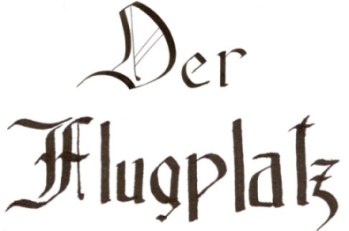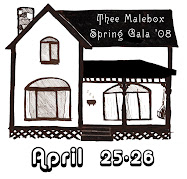I was looking for a paper on archetypal criticism that I wrote last year but instead found one where I used Marxist criticism to examine Moulin Rouge. We were limited to a page for this, and I know that there are too many commas and that they're mostly in the wrong places. Try to enjoy it.
Attempting to apply a literary criticism that stemmed from the pro-communist movement seems like a stretch at first. But after realizing that the driving force of most stories is conflict, and that Marxist criticism focuses exclusively on class-conflict, we can quickly pick out parallels between them and the world. In Baz Luhrmann’s Moulin Rouge, the characters are presented to us in a very distinct class system and more importantly, their attitudes genuinely reflect class struggle under a Marxist lens.
We’re first introduced to the proletariat, who make up the vast majority of the cast, portrayed by a group of Bohemian artists who call themselves the “Children of the Revolution.” We can see this as the lower class’s way of dealing with their poor status in the system by seeing themselves as artistically superior where they’ve been financially and materialistically inferior, and ushering in a “Revolution.” Christian, Satine, and Harold are also members of the working class, but in different positions. Christian is a penniless writer, Satine an entertainer and prostitute, and Harold the ringleader of the Moulin Rouge. While all three have different day to day obligations and responsibilities, they all share one thing in common: They are all trying to please the Duke, the only symbol of the bourgeois in the film.
The Duke provides us with the most interesting ideas for Marxist criticism in Moulin Rouge. He obviously has the most pull of anyone in the film, as everything seems to revolve around him and what he wants. Christian and Satine have their relationship, but always around the Duke, always knowing that it’s big trouble if he finds out. Harold may run the Moulin Rouge which seems like the most powerful position in the context of the movie, but even he scrambles to keep the Duke happy at all cost by lying to him about Satine and Christian and signing the Moulin Rouge over to him as insurance. As the Duke begins to become aware of what’s happening, the story reaches its most profound points.
First of all, the Duke only realizes what’s going on between Satine and Christian when a dance-girl, a member of the proletariat, lets him in on it by asking “Why would the [girl] fall for the penniless writer? Oops, I mean sitar player.” The Duke is seemingly clueless until that point. Next he does something that embodies the style of the bourgeoisie almost perfectly. He demands that the play be re-written with Satine falling in love with the maharajah, understanding that Christian is writing the story exactly how the love triangle is really playing out between himself, the Duke, and Satine. Here we see the essence of bourgeoisie interpellation; obedience without heart. The Duke sees that things aren’t going his way and will now use his power to have them “act out” what he wants, totally aware that Satine doesn’t love him. He would rather have obedience and maintain his position over a real love with Satine. We see this again the end of film when the Duke tells Harold that he will have Christian killed if Satine doesn’t come to the tower to be with him, again we see that the duke doesn’t want actual love, his ideology is that the mere action of submission is all he can hope for now.


No comments:
Post a Comment